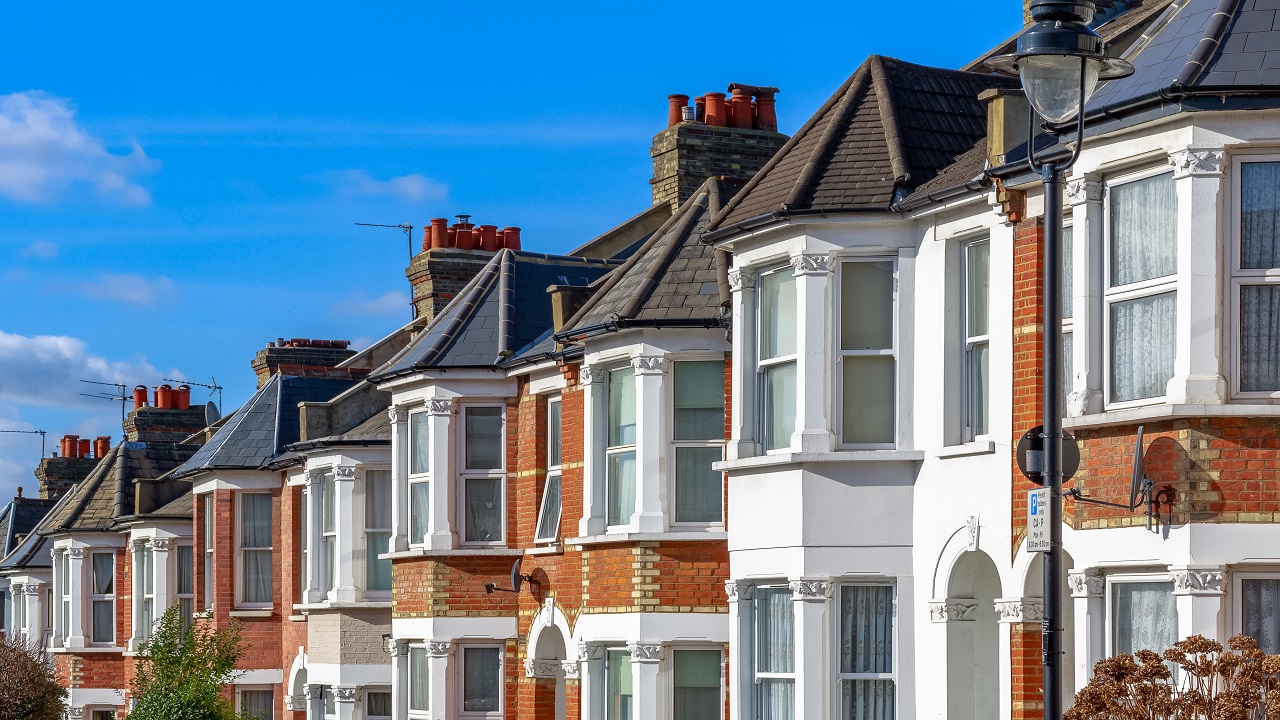
Domestic retrofitting is one of the key drivers towards the UK meeting its decarbonisation targets and improving the long-term performance of buildings and the wellbeing of occupiers.
Last year the government committed to work with industry partners to upgrade millions of homes over the course of the current parliament to reduce domestic energy bills, fuel poverty and carbon emissions, as well as raise minimum energy efficiency standards (MEES) for private rented homes and social housing.
Yet widely reported cases of domestic retrofit works failing to deliver intended carbon savings, and in some instances causing significant defects or exacerbating damp, mould and condensation, have underlined the need to increase professionalism in the sector.
RICS is well-positioned to become a go-to resource for clients, lenders and funders needing clear and impartial advice for retrofit projects, and members with expertise in surveying residential properties already possess transferable competencies in building pathology, construction technology and moisture movement.
To harness and enhance this expertise, RICS is moving at pace to deliver the appropriate and up-to-date technical knowledge and training required to provide residential retrofit services.
Tackling the skills challenge
Effective since October 2024, RICS' Residential retrofit standard sets out concise mandatory and recommended instructions for members and regulated firms delivering retrofit services.
Building on existing entry requirements, the proposed new pathway to RICS associate membership – Residential Retrofit Surveying – is a major turning point and would contribute significantly to extending RICS conduct and competency standards for the public benefit.
Supported by structured continuing professional development (CPD) and ongoing training, it will be important for specialists in this field to blend core surveying skills, such as those relating to the physical inspection of different residential building types, with an understanding of new energy efficiency measures, for example.
This is especially important for retrofit assessors, who inspect a building at the start of a project and comprehensively survey and record relevant details and data in preparation for the retrofit design.
A detailed retrofit assessment is not only fundamental to a project's success but also a service where current and future RICS members can bridge a national skills gap.
Retrofit assessment framework introduced
A standardised framework for retrofit assessment is now in place with the recent publication of BS 40104 Assessment of dwellings for retrofit, and RICS' Residential retrofit standard states that BS 40104 will be used for retrofit inspection tasks.
Chair of the BS 40104 drafting panel Professor Richard Fitton FRICS explains the critical importance of retrofit assessment: 'A robust retrofit assessment is fundamental to delivering meaningful improvements in the energy performance of existing buildings. Without it, there is a significant risk that retrofit measures will be poorly designed, inappropriately specified or fail to achieve their intended outcomes.
'Each building is unique in its construction, condition, occupancy and heritage context, and a one-size-fits-all approach inevitably leads to performance gaps and unintended consequences such as damp, overheating or reduced indoor air quality.
'A thorough assessment allows us to understand the building as a system: its fabric and services, and how occupants interact with them. This evidence base underpins proportionate and technically sound design decisions, ensures compatibility between measures and supports long-term durability and occupant wellbeing.
'From a policy and funding perspective, retrofit assessment is also essential for accountability: it provides the baseline data against which improvements can be measured and verified. In short, assessment is not an administrative step but the foundation of effective, safe and sustainable retrofit.'
'A robust retrofit assessment is fundamental to delivering meaningful improvements in the energy performance of existing buildings'
Members key to positive outcome
With retrofit professionals and services in ever-increasing demand, it is vital that leading professional bodies such as RICS leverage their expertise and support upskilling in the sector to raise standards and avoid project bottlenecks.
As with most successful outcomes, collaboration is critical. RICS must continue to work with the wider sector – from training providers, lenders, energy suppliers and academics – to develop guidance and support for members ready and willing to contribute to the national retrofit strategy.
Steve Lees MRICS is associate technical director at Countrywide Surveying Services
Contact Steve: Email
Related competencies include: Building pathology, Housing maintenance, repair and improvements, Inspection, Sustainability
Subscribe to isurv to support best practice in residential retrofit
RICS' online knowledge hub isurv offers surveyors and property professionals a wealth of resources, including expert guidance to support best practice in residential retrofit.
The platform provides a wealth of in-depth commentary on topics such as retrofit assessment, building defects and energy performance gaps in domestic retrofits.

